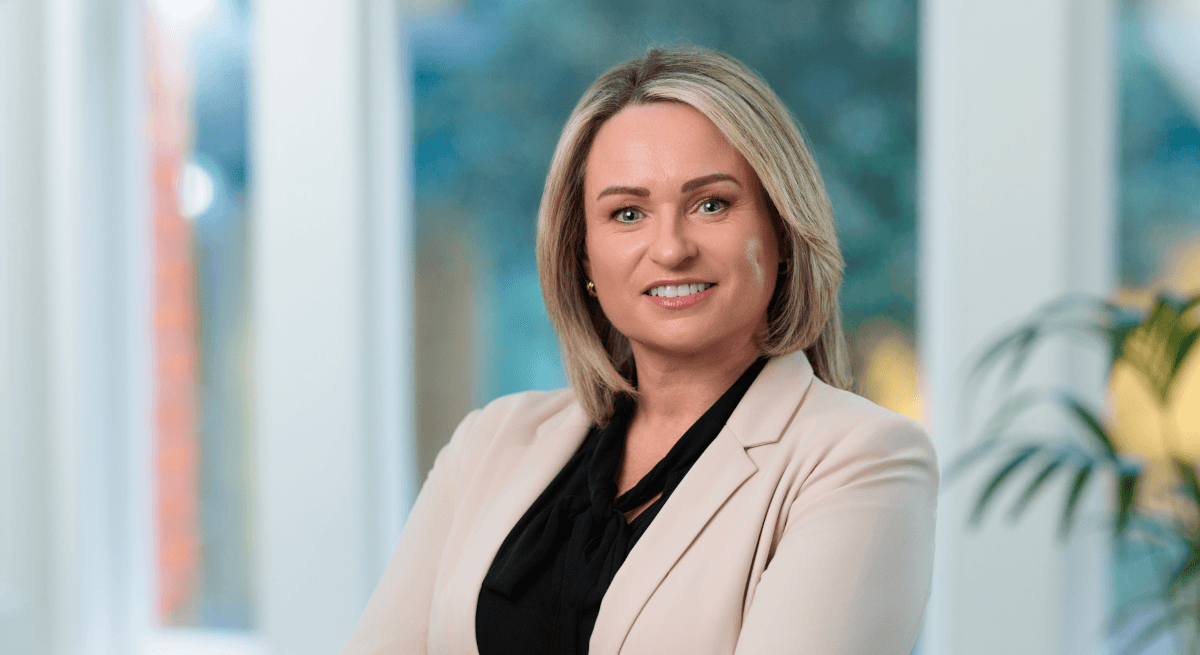New opportunities await for professionals looking to embrace the growing cloud computing space.
TU Dublin’s School of Enterprise, Computing and Digital Transformation, in partnership with Technology Ireland ICT Skillnet, recently announced the launch of Ireland’s first master’s course in sustainable cloud computing.
The course, which will cover public, private and hybrid cloud infrastructure, will give students an education in areas such as cloud architecture, automation, engineering and sustainability, among others, so they are ready to tackle the many challenges presented by digital transformation in an increasingly climate-conscious world.
“We’re incredibly proud to have launched Ireland’s first MSc in sustainable cloud computing,” said Susan Kelly, the operations director at Technology Ireland ICT Skillnet.
“By building the next cohort of talent that understands both cutting-edge cloud technology and its environmental implications, the programme strengthens Ireland’s value proposition globally.”
An area that is vital, she explained, as the prevalence of cloud infrastructure is growing and becoming central to AI, data analytics and global digital services, resulting in the skyrocketing of energy and carbon footprints.
“In Ireland, data centres now account for over 20pc of electricity consumption, with forecasts suggesting that it could reach 30pc of national power demand by 2030,” she said.
“This programme tackles that challenge head-on by training professionals to optimise performance, cost and carbon impact. That fundamental balance is essential for future‑proof institutional and national digital strategy.”
According to Kelly, Ireland already has a robust system of public and private collaboration, as well as a favourable investment climate and clean energy ambitions. But this programme has the potential to add some “much needed human capital”, to drive innovation and develop the skills needed to become a global hub for sustainable cloud computing.
A sentiment echoed by Dr Barry Feeney, the head of the School of Enterprise Computing and Digital Transformation at TU Dublin, who detailed the kinds of students most suited to the programme.
The future of cloud computing
“The programme is tailored specifically for professionals, such as cloud architects, DevOps engineers, systems admins, site reliability engineers and infrastructure data and platform professionals, who are looking to elevate their cloud capabilities through the lens of sustainability,” said Feeney.
He explained, applicants should aim to have a strong foundation in computing, IT or other STEM disciplines and preferably real-world cloud experience, as they face challenges such as designing, building, deploying and managing complex cloud architectures to support organisational needs and demands.
The course will also give students the opportunity to further develop their leadership and strategic skills, as they strive to become technical leaders. “Whether you’re advancing within your current role or transitioning into a new one, this master’s will empower you to become a driver of sustainable innovation in your organisation,” he said.
By the time graduates leave the programme they will have established a unique blend of technical and strategic skills with a core focus on sustainability topics relevant to the evolving, modern-day technology landscape.
“Ultimately, they won’t just be technologists, they’ll be well-rounded leaders capable of driving meaningful change in how cloud technologies are deployed and scaled” he said, noting they will be suitable for employment in broad and future focused fields.
For example, as cloud sustainability leads, green FinOps consultants, positions in cloud architecture, policy and ICT strategy and public sector digital programmes to name a few. “They’ll be uniquely positioned to shape Ireland’s low-carbon cloud economy and meet rising demand for ESG-aligned digital infrastructure.”
For Kelly, this represents an opportunity for similar organisations and institutions to develop programmes and initiatives aimed at upskilling the workforce, with future careers and responsibilities in mind.
“We’re already seeing early signs,” she said. “This master’s sets a precedent for academia and industry alike. By combining technology, sustainability and financial stewardship in one programme, it challenges the traditional siloed approach to computing education.”
She further anticipates that other universities and training providers will follow suit, developing programmes targeting tomorrow’s green, digital economy, bringing Ireland in line with evolving national and EU sustainability mandates.
“We’re excited to foster leaders who will not just navigate change but lead it”, added Feeney, “combining digital excellence with environmental stewardship to drive Ireland’s green digital future.”
Don’t miss out on the knowledge you need to succeed. Sign up for the Daily Brief, Silicon Republic’s digest of need-to-know sci-tech news.


